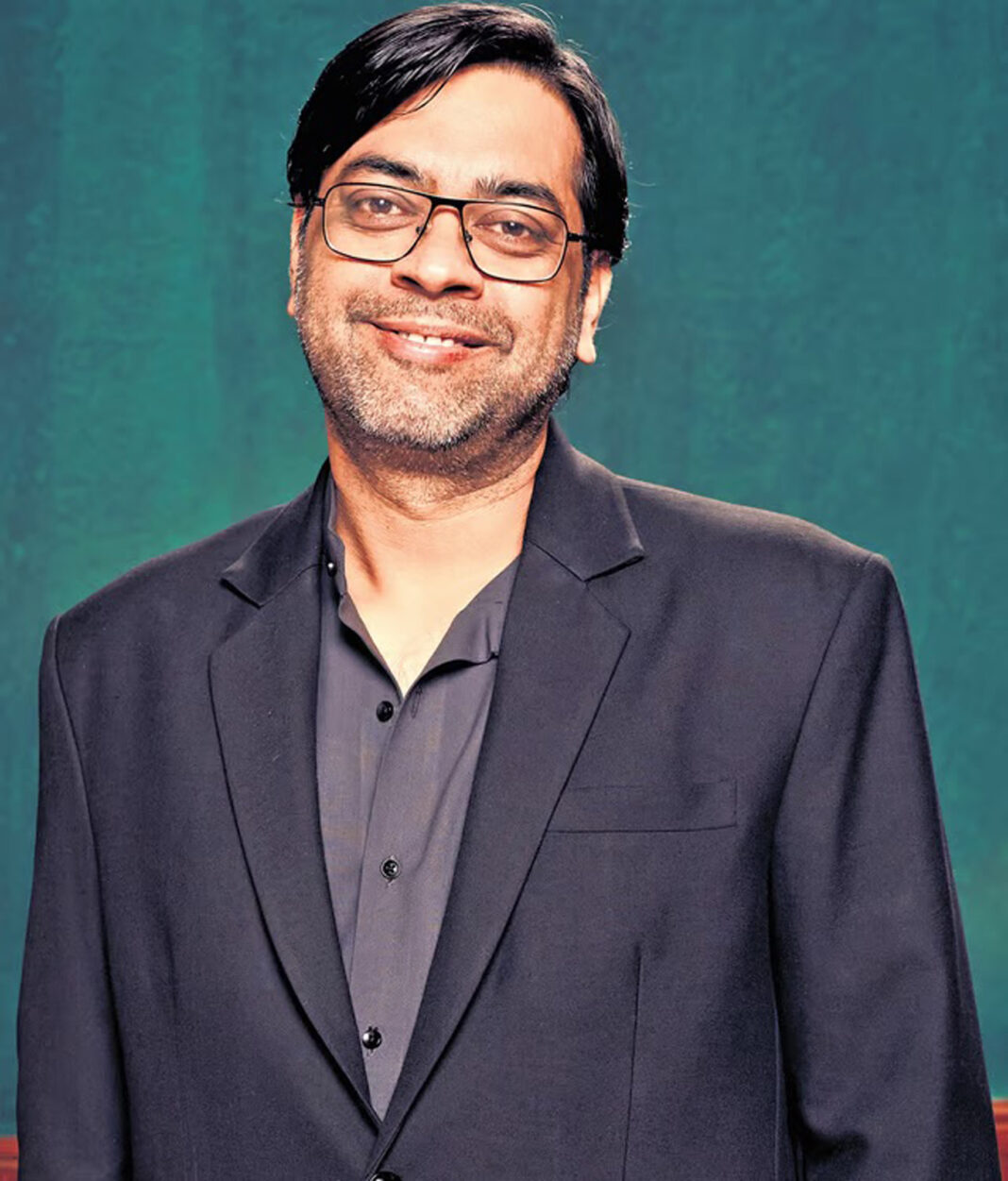In a cinematic landscape often dominated by formulaic narratives, Kanu Behl’s Despatch is a daring detour into the raw, unvarnished truths of power and consequence. Speaking exclusively to The Pioneer, Behl reveals how his latest work, streaming now on ZEE5, captures Mumbai’s soul and sparks a conversation that lingers far beyond the credits
In the vast landscape of Indian cinema, few filmmakers dare to venture into uncharted waters with the same fearless intensity as Kanu Behl. Known for his distinctive storytelling that straddles the line between realism and raw emotion, Behl’s latest film, Despatch, offers a searing exploration of truth, power, and consequence. With the film now streaming on ZEE5, Behl opens up about the gripping partnership with the platform, the gritty challenges of shooting in Mumbai’s chaotic real locations and his unique approach to cinema that transforms it from passive entertainment into a powerful conversation.
As Despatch makes its mark on ZEE5, Behl reflects on the partnership with a sense of pride and conviction that is palpable. For a director whose work consistently challenges conventional storytelling, aligning with a platform like ZEE5 was an obvious choice.
“I couldn’t have asked for a better collaboration than ZEE5,” Behl asserts, his words underscoring the strategic synergy between his vision and the platform’s ethos. “Over the last decade, ZEE5 has not only backed mass-appeal content but also supported films that carry a distinct voice, often defying mainstream conventions. They’ve created space for voices that don’t just conform to the status quo. In today’s environment, where artistic expressions can often be sidelined, ZEE5 is like a breath of fresh air.”
This partnership is a perfect match for Despatch, a film that refuses to compromise on its artistic integrity. Behl sees the platform as a sorce that encourages diverse narratives, providing a home for stories that may otherwise struggle to find their audience. “It’s a platform that understands that cinema isn’t just about entertainment—it’s about creating conversations. And that’s what Despatch is: a conversation with the audience.”
When it comes to capturing the essence of Mumbai, Behl’s commitment to authenticity takes center stage. Instead of resorting to studio sets or staged locations, Behl and his crew opted for the pulsating heart of the city—Dadar station. The choice wasn’t just about convenience; it was about embodying the raw energy of the city.
“Filming in real locations is always challenging, but it’s worth every bit of effort,” Behl admits, acknowledging the logistical hurdles. “We shot at Dadar station with Manoj Bajpayee rather than faking it elsewhere. That decision wasn’t just about realism; it was about making the story breathe. The streets, the chaos, the people—it’s all part of the fabric of Despatch.”
Shooting in a place like Dadar station, with its constant hustle and bustle, came with its own set of challenges. But Behl credits his production crew, RSVP Films, and his dedicated team for pulling it off seamlessly, even during the tough times of the pandemic. “Filming in such locations wasn’t easy, but the crew made it possible. The authenticity we captured on screen is all thanks to their dedication and hard work.”
What makes Behl’s filmmaking stand out is his refusal to impose a singular message on the audience. For him, cinema is not a vehicle for preaching; it’s an invitation to engage, question and reflect.
“I don’t believe in telling people what to think through my films,” he says, his voice measured but passionate. “Cinema is not about standing on a pedestal and delivering a sermon. It’s about having a conversation with the audience. Through the characters, the narrative, and the situations, I aim to present certain ideas—whether it’s about power, corruption, or the human condition—but I leave enough space for the audience to form their own opinions.”
It’s this depth of engagement that sets Despatch apart from the typical Bollywood fare. Instead of handing over clear answers, Behl challenges viewers to think critically about the world in which the story unfolds. “The goal is to create a space where, after the film ends, the audience is still thinking, still reflecting. That’s where the real conversation begins—when they engage with the film even after the credits roll.”
For Behl, the magic of cinema lies not in delivering a pre-packaged message but in sparking dialogue. “If the audience is still with the film, even when they’re no longer consuming the story, then you know you’ve achieved something powerful. That’s when they start to really connect with the film.”
With Despatch, Behl is carving out a space for cinema that doesn’t shy away from complexity, nuance, and a bit of discomfort. As he continues to push boundaries, he’s a part of a new wave of filmmakers who are reshaping the Indian film industry—one where stories are told on their own terms, without compromise.
“Cinema today needs to be more than just an escape. It needs to reflect the world we live in, with all its messiness, contradictions and complexities. Despatch is my attempt to start a conversation, not just tell a story. I want the audience to think, to question, and to engage with the themes long after they’ve watched the film.”
As Despatch continues to captivate audiences on ZEE5, Behl’s vision is clear: cinema is not about passive consumption; it’s about active participation. And in this bold, thought-provoking film, he’s inviting the world to join the conversation.




